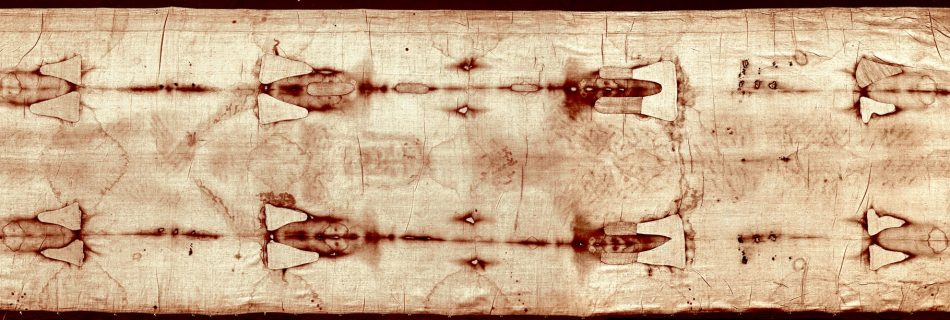Euthyphro dilemma
The Euthyphro dilemma is often brought up when discussing morality and ethics. The Euthyphro dilemma is found in Plato’s dialogue Euthyphro, in which Socrates asks Euthyphro, “Is the pious (τὸ ὅσιον) loved by the gods because it is pious, or is it pious because it is loved by the gods?” (10a) Although it was originally …

